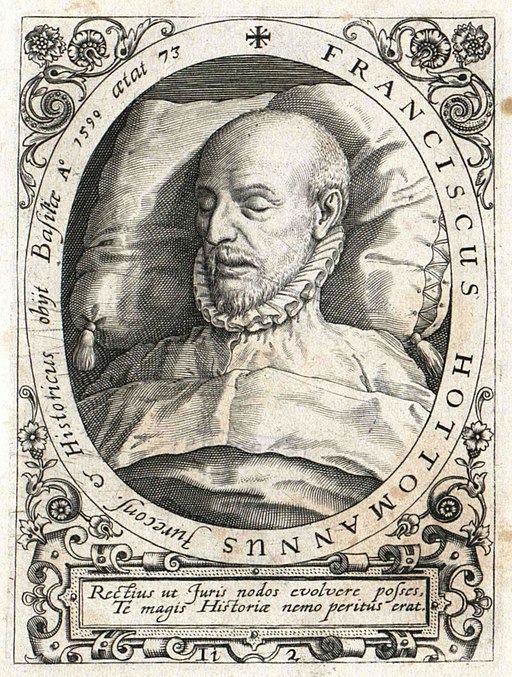Thomas Hollis Library (LF)
About this Collection
Thomas Hollis (1720-74) was an eighteenth-century Englishman who dedicated his life to the cause of liberty. He believed that citizens should educate themselves so they could hold their governments to account. To that end, he distributed books that he believed would assist in that project. The Thomas Hollis Library makes available a selection of those titles that comprise the best of the books distributed by Hollis.
Key People
Titles & Essays
Notes About This Collection
Thomas Hollis (172074) was an eighteenth-century Englishman who devoted his energies, his fortune, and his life to the cause of liberty. Hollis was trained for a business career, but a series of inheritances allowed him to pursue instead a career of public service. He believed that citizenship demanded activity and that it was incumbent on citizens to put themselves in a position, by reflection and reading, in which they could hold their governments to account. To that end for many years he distributed books that he believed explained the nature of liberty and revealed how liberty might best be defended and promoted.
A particular beneficiary of Holliss generosity was Harvard College. In the years preceding the Declaration of Independence, Hollis was assiduous in sending over to America boxes of books, many of which he had had specially printed and bound, to encourage the colonists in their struggle against Great Britain. At the same time, he took pains to explain the colonists grievances and concerns to his fellow Englishmen.
The Thomas Hollis Library makes freshly available a selection of titles that, because of their intellectual power, or the influence they exerted on the public life of their own time, or the distinctiveness of their approach to the topic of liberty, constitute the cream of the books distributed by Hollis. Many of these works have been either out of print since the eighteenth [viii] century or available only in very expensive and scarce editions. The highest standards of scholarship and production ensure that these classic texts can be as salutary and influential today as they were two hundred and fifty years ago.
David Womersley, Series Editor
